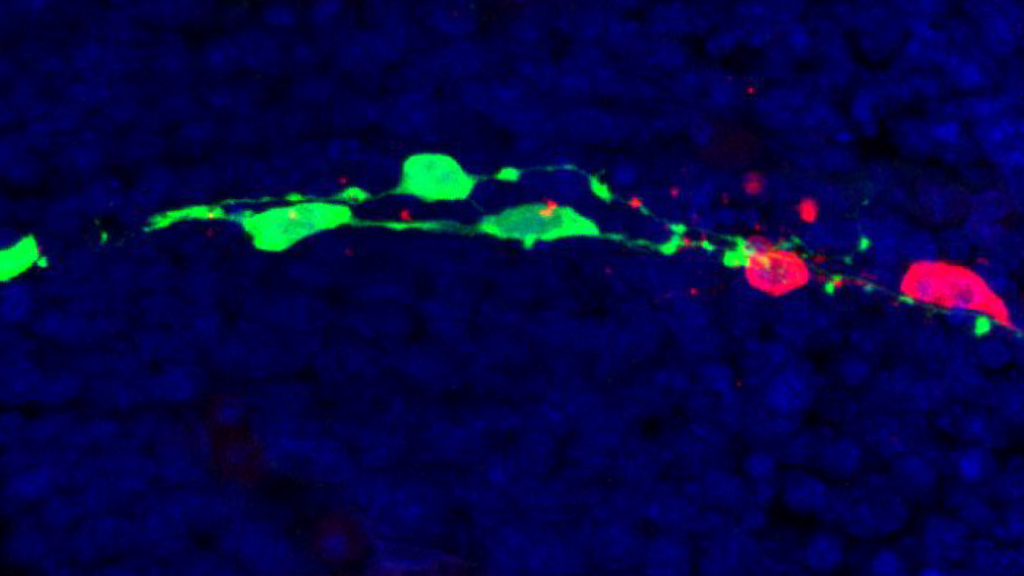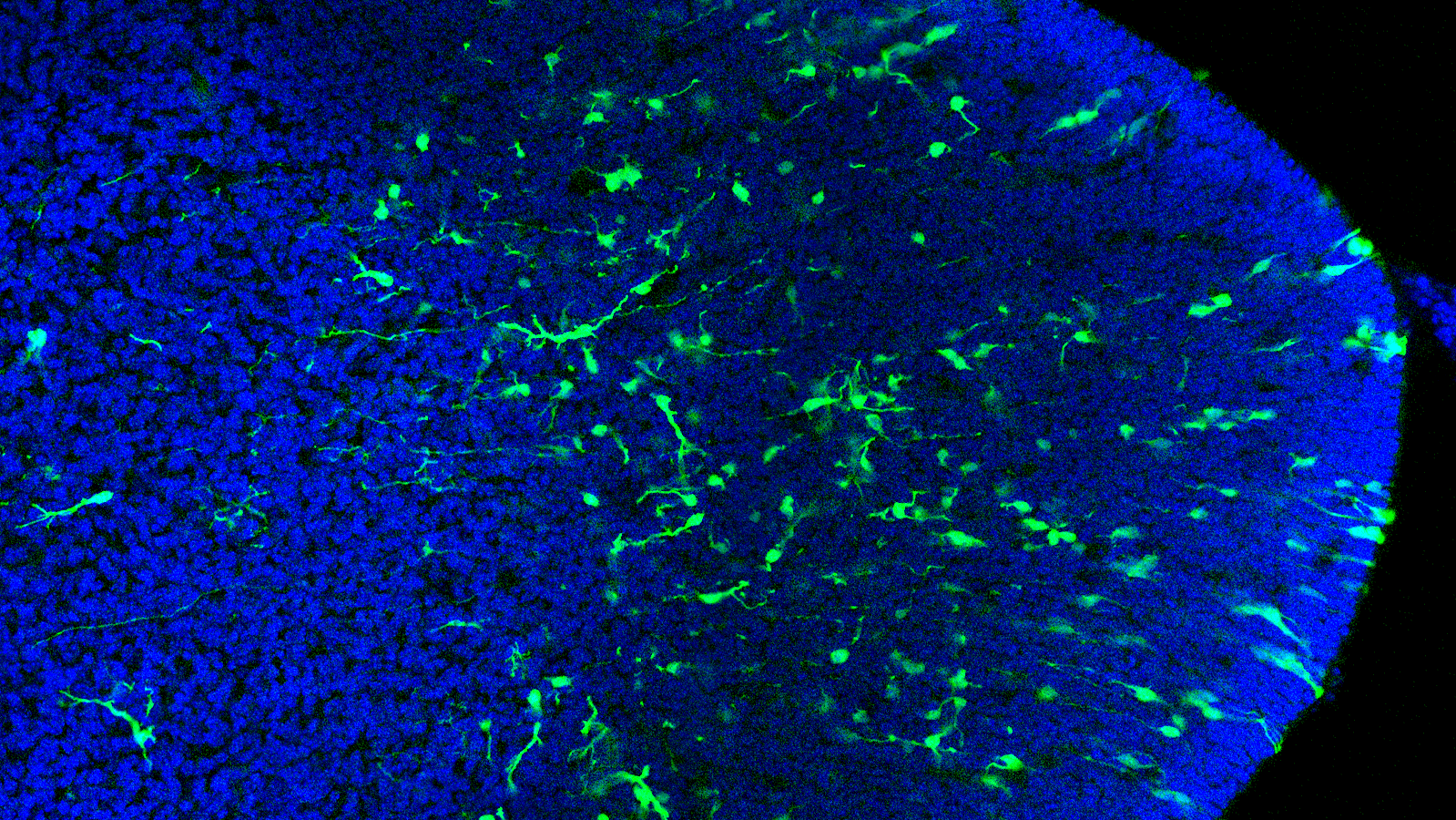Our motivation
Our laboratory investigates the complex mechanisms that control brain development. We focus on how genes and proteins interact to create the diverse types of neurons that make up the brain with a particular interest in inhibitory neurons that use the neurotransmitter GABA. These neurons are crucial for regulating brain activity, controlling motion, decision-making, and many other vital functions. We leverage advanced tools like barcode lineage tracing and CRISPR perturbation sequencing combined with organoid models of brain development to study both fundamental neuronal mechanisms and the pathways contributing to neurodevelopmental disorders such as autism spectrum disorder (ASD).
Key Research Areas:
- Neuronal Development and Diversity: We explore how progenitor cells in the embryonic brain develop into specific types of neurons. Our studies focus on identifying the genetic signals and environmental cues that influence these developmental pathways, leading to the diverse array of neurons present in the adult brain.
- Genetic Regulation: We investigate the genetic and epigenetic regulatory mechanisms that control when and where lineage-specific genes are activated during neuron development. By studying how proteins and transcription factors interact with genomic enhancers, we aim to uncover how these genetic and epigenetic factors influence the development of GABAergic neurons.
- Autism Spectrum Disorder (ASD) Research: Our research focuses on studying proteins that are high-risk candidates for ASD. By examining genetic disruptions associated with ASD, we seek to link genetic risk to functional outcomes. Our goal is to understand how these disruptions alter developmental trajectories in inhibitory neuron lineages.
- Technological Innovation: Our lab has pioneered novel techniques for tracing the lineage of neurons and identifying their genetic identities. These methods, such as high-throughput single-cell sequencing combined with CRISPR perturbation, allow us to map out the complex interactions between genetic and environmental factors that shape brain development.
Why Our Work Matters:
Understanding the processes of neuronal development is crucial for uncovering the causes of neurological and psychiatric disorders. Our research advances the field of neuroscience by providing insights into the fundamental mechanisms of brain function and development. This knowledge has the potential to inform new approaches for understanding and addressing neurodevelopmental disorders like ASD. By decoding the genetic and molecular bases of brain development, we aim to make significant contributions to both basic science and new insights into neurological health.

COLLABORATIVE RESEARCH
The MPI-BI is embedded in a research campus that offers interactive collaboration with a large number of institutes and research groups across Munich, including the MPIs of Biochemistry and Psychiatry, the Ludwig-Maximilian University, the Technical University and the Helmholtz Zentrum. We are excited to actively participate in the following research networks:







